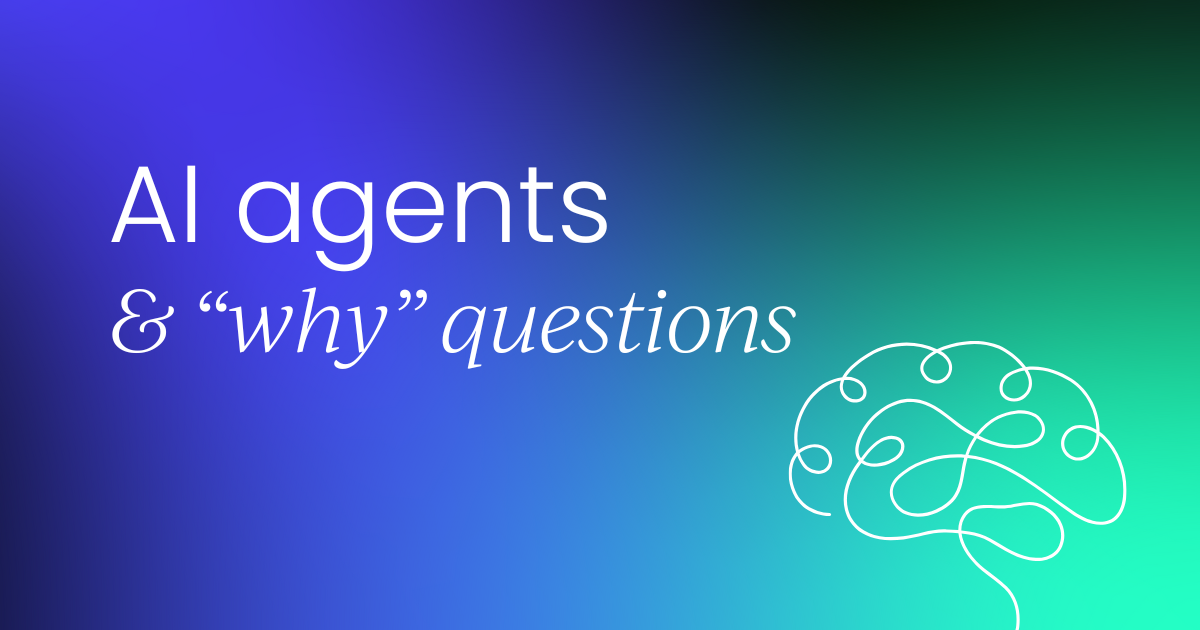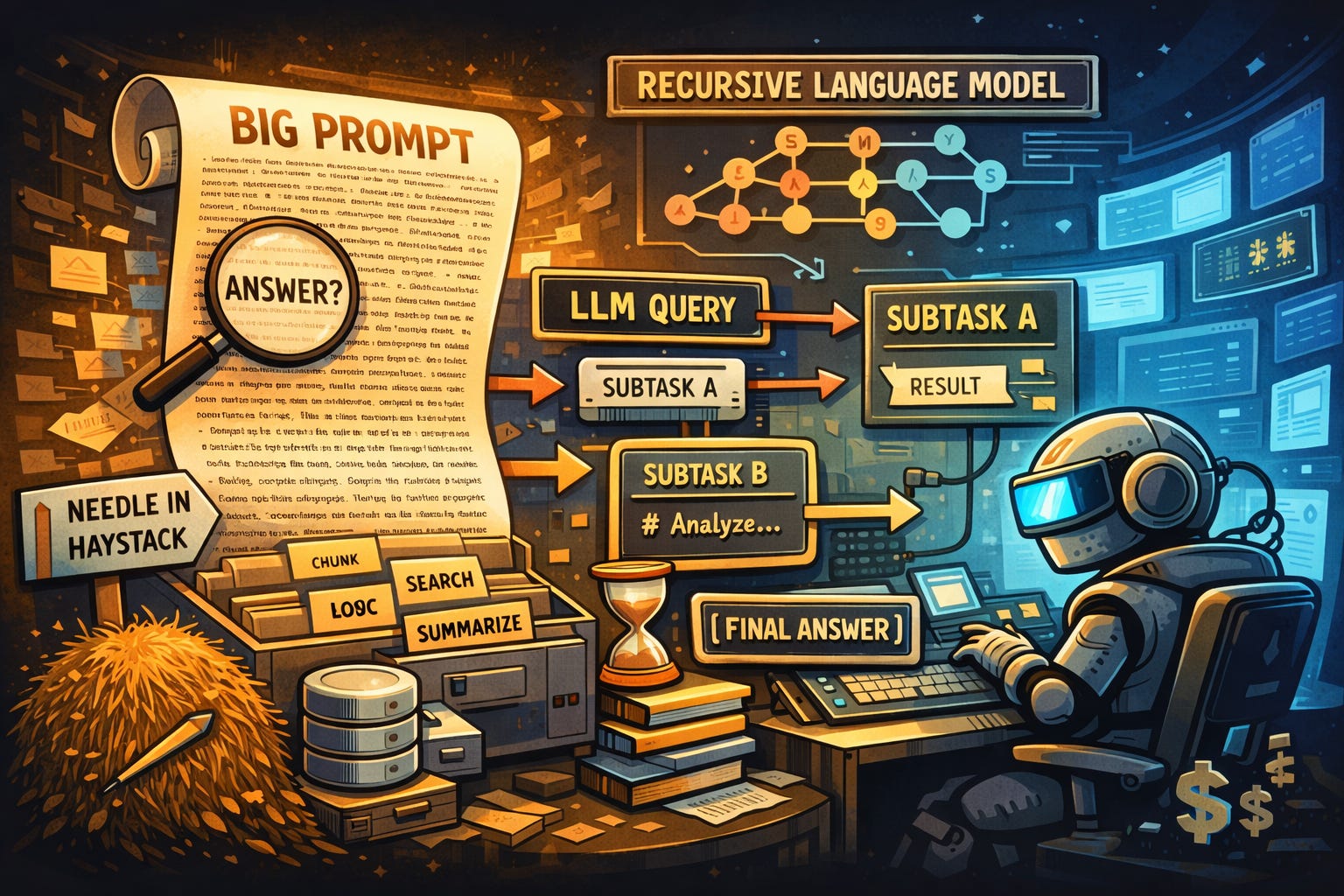LLMs use grammar shortcuts that undermine reasoning, creating reliability risks
NegativeArtificial Intelligence

- A recent study from MIT reveals that large language models (LLMs) often rely on grammatical shortcuts rather than domain knowledge when responding to queries. This reliance can lead to unexpected failures when LLMs are deployed in new tasks, raising concerns about their reliability and reasoning capabilities.
- The findings underscore significant reliability risks associated with LLMs, which are increasingly utilized in various applications. As these models are perceived to possess human-like knowledge, their shortcomings in reasoning could undermine trust in AI technologies.
- This issue reflects broader challenges in the field of AI, where LLMs are critiqued for their probabilistic knowledge encoding and struggles with aligning outputs to desired probability distributions. The ongoing discourse highlights the need for improved evaluation frameworks and methodologies to ensure the reliability and effectiveness of LLMs in practical applications.
— via World Pulse Now AI Editorial System


